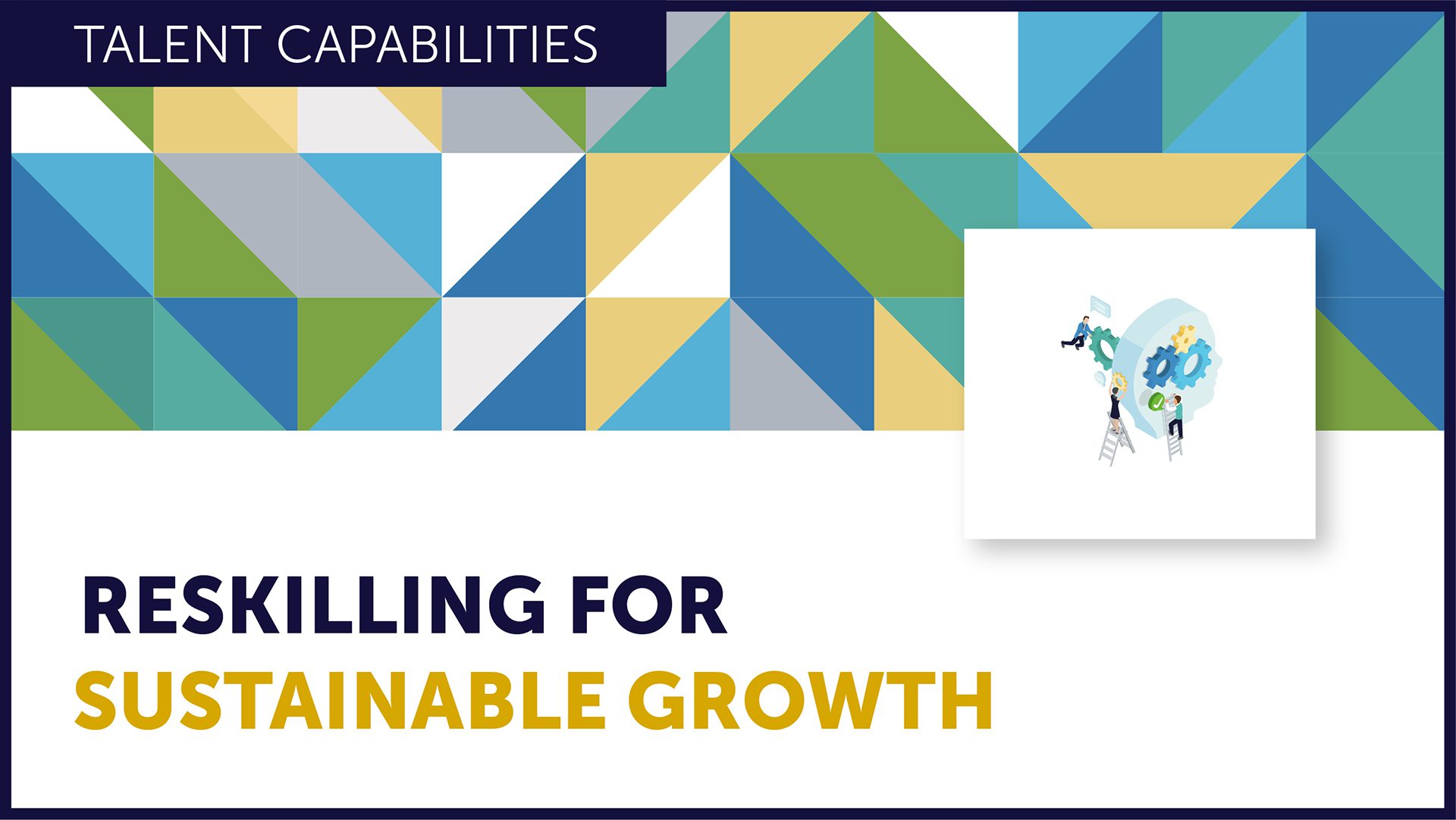Future of Work and People Strategy
Blog: The Climate is Changing – Are You?
Perhaps the most urgent business question of them all: how to handle the climate crisis?
Vicki Pryce, Chief Economic Adviser and board member at the Centre for Economics and Business Research, is acutely aware that, when it comes to geopolitical challenges, businesses need to prioritise.
At a session she led for CRF in January, Vicki looked at several of the geopolitical and trade developments that could shape core business and people strategies over the course of the rest of the year. One of the running themes of the discussion was, of course, climate change.
Whether we like it or not, the planet is warming and the knock-on effects are already visible.
Hesitance to engage with that fact, or remaining non-committal in the face of it, seems to be holding organisations back. As she talked, Vicki explained that there seems to be “a tension between [making the necessary changes] now and the associated costs, or the costs if we wait until we are richer or have new technology to help. The reality is that we are in this transition period already, and perhaps the costs – both to businesses and households – have been underestimated.”
According to Vicki, the impact of climate change on businesses is unavoidably clear. “We are already seeing this in the price of gas as we’re moving to what’s supposed to be cleaner energy. So, a lot of investment is needed to make this transition; the circular economy requires support from governments. You need an awful lot more than just regulations.”
So, what’s standing in the way?
Vicki outlined a number of challenges in her contribution to CRF’s end of year Briefing Paper for HR Directors – many of which have only accelerated since January.
Crucially, “the shift in the economic balance which has been keenly felt in a Europe currently buffeted by the high gas prices and its overdependence on gas from Russia”, as a result of the war in Ukraine and the resulting fuel supply chain issues.
High fuel prices are also once again enriching OPEC and other oil producers, Vicki warns, putting pressure on the geopolitical actors responsible for the shift away from fossil fuels. “[They have] increased the urgency for investing in more renewables, but has also led to a rethink of globalisation and the structure of international supply chains. There is now a question mark over the survival of the ‘just-in-time’ manufacturing processes that have been developed over decades, as well as over the seeming overreliance on China.”
While these sectors in particular are feeling the pressure, trade as a whole will inevitably have to respond to these changes. As Vicki explored in her briefing, “there [are] concerns about whether the way trade was being conducted pre-crisis still makes sense in a worsening climate change environment…[resulting in proposals like that of the EU, with] a carbon border adjustment mechanism to tax products that come from countries with laxer carbon emission controls.”
Facing an increasingly dire set of global climate outcomes, it can be easy to criticise attempts at mitigation which don’t face up to the scale of the problem. However, Vicki is optimistic.
“[T]here are accusations of ‘greenwashing’ in the reporting of companies’ impacts, [but] the recent sharp rise in funds allocated to environmental, social and governance investments (ESGs) must be good news.” Any scepticism of companies’ motives for making changes, she says, needs to be situated within this context.
To find out more about CRF’s geopolitical research, check out our research library:
Post Meeting Notes: Geopolitical and Trade Outlook, Jan 2022
HRD Briefing 2022: Geopolitical and Global Trade Outlook, Nov 2021
UPCOMING CRF CONFERENCE:
Trading in the New
Business Landscape
Featuring Prof. Amelia Hadfield, University of Surrey, delivering The Geopolitical Challenge



